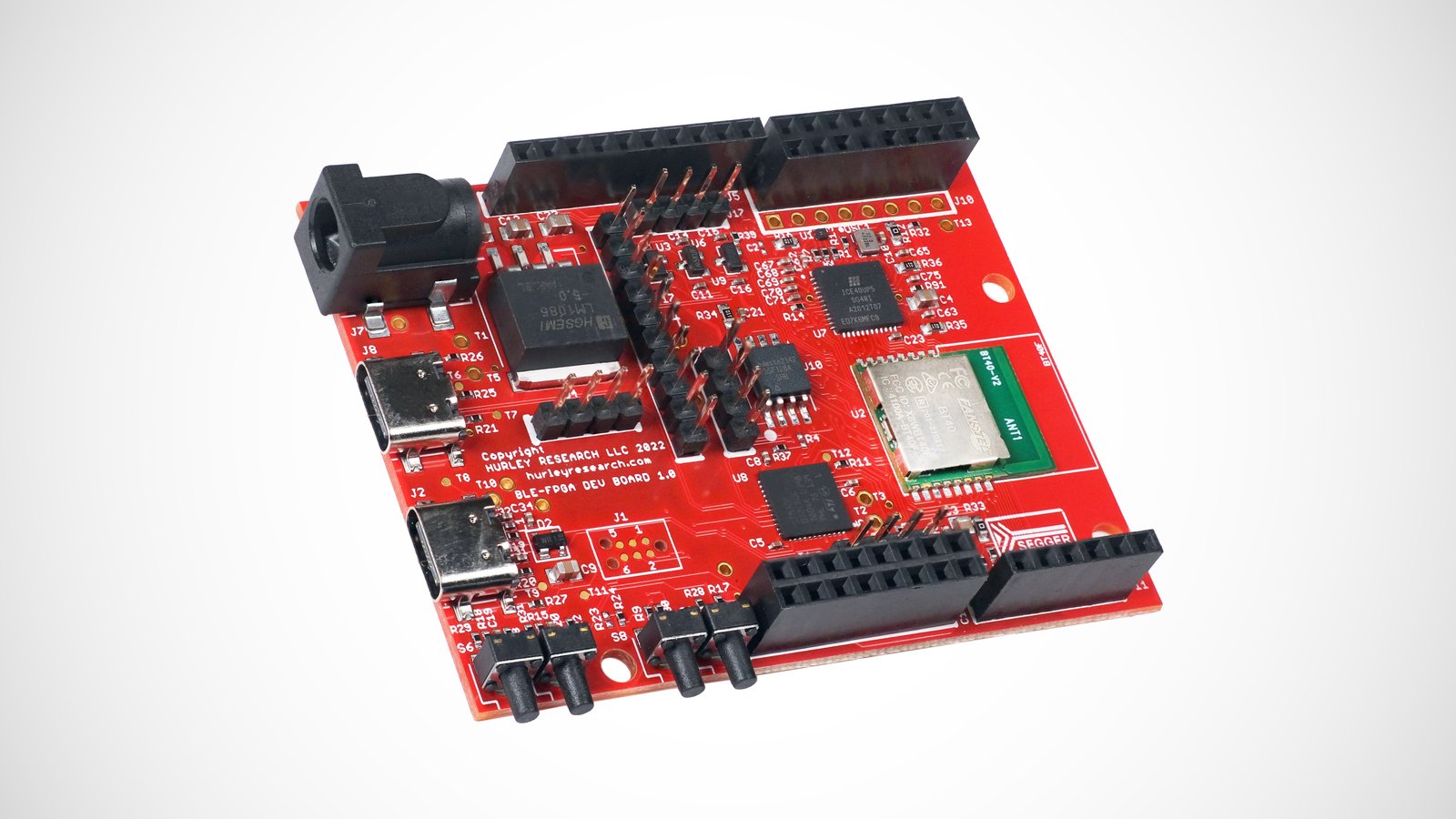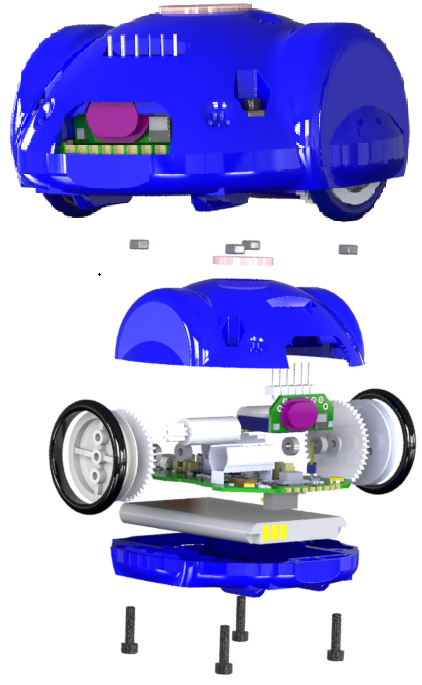
Hurley Research LLC
Engineering & Music Technology
We parlay decades of design engineering experience into innovative technology for musicians.

We parlay decades of design engineering experience into innovative technology for musicians.
MIDIBass PROTO-1 empowers electric bassists by enabling latency free control of VST and hardware sound engines.
NRFICE allows for rapid prototyping of mobile peripheral and edge computing devices. We believe the combination of the nRF5340 and ICE40UP5K is the best chip set for development of edge computing applications. The ICE40UP5K already has examples from Lattice that interface to image sensors and implement AI models for gesture detection, and there are many more existing open source projects for the ICE40 family that perform cutting edge tasks. With fewer wires and no programming dongles, many things are possible. Educators can provide experimentation hardware to students with minimal bring-up. Our community can easily develop new sample projects. Once underway, any of the complete sample builds can be chosen in a list on the mobile app and immediately programmed into the board with a phone, no other wires/dongles needed.

Swarm intelligence on physical robots with supervised and unsupervised learning: neural networks; particle swarm optimization; gramatical evolution; genetic programming; overall swarm AI development platform; and much more.
